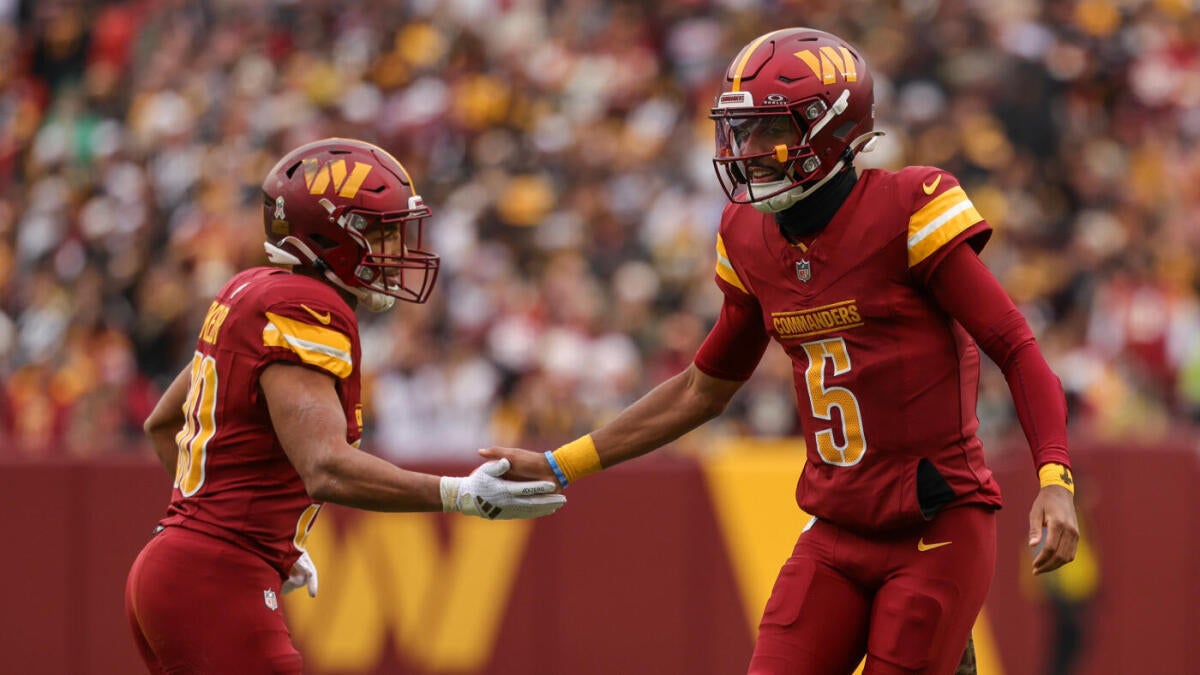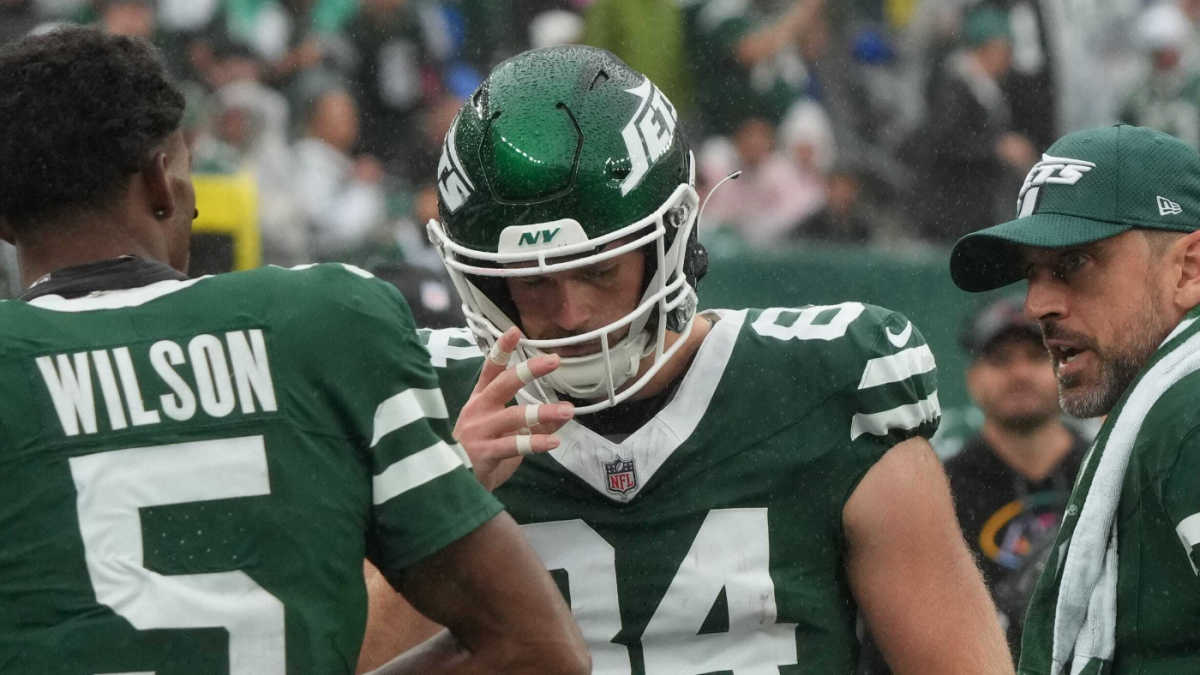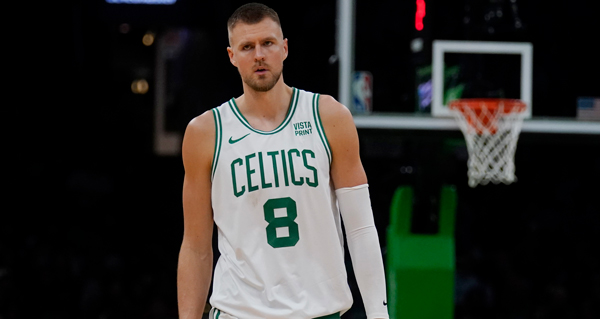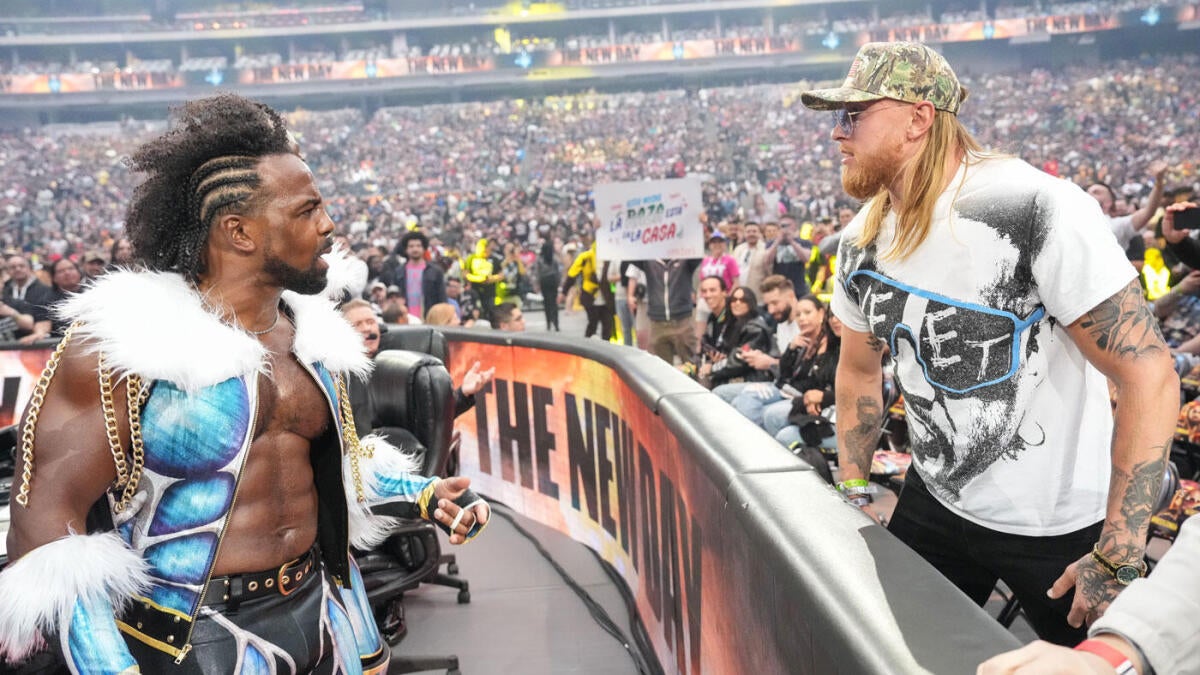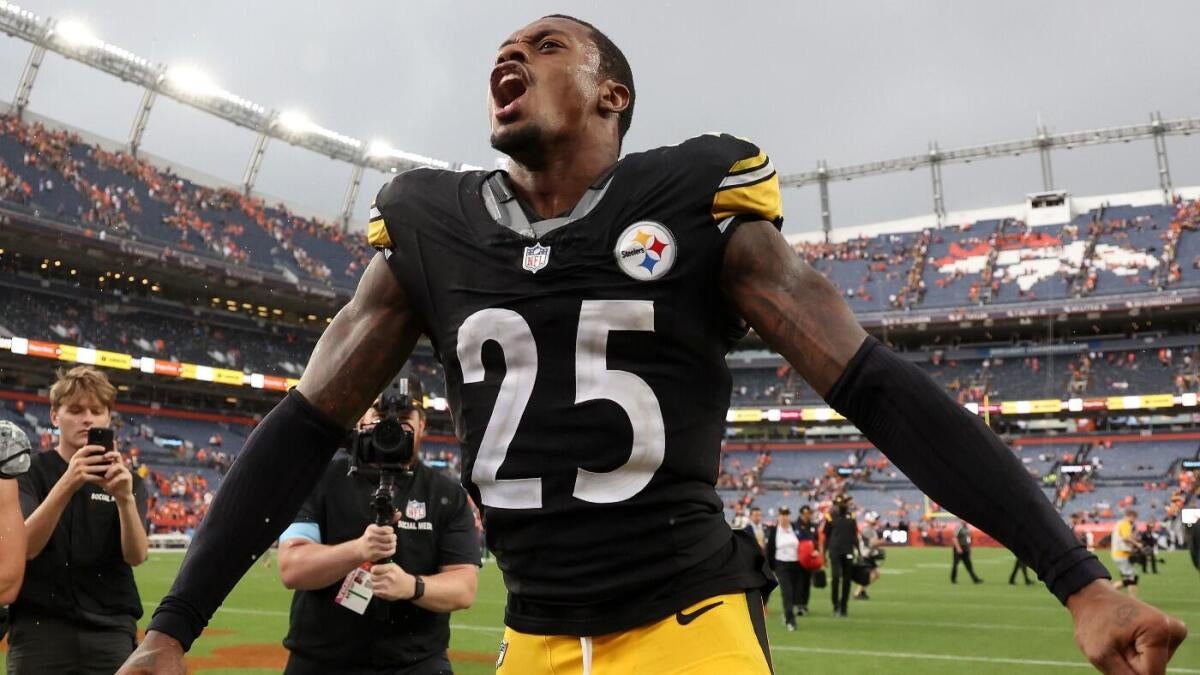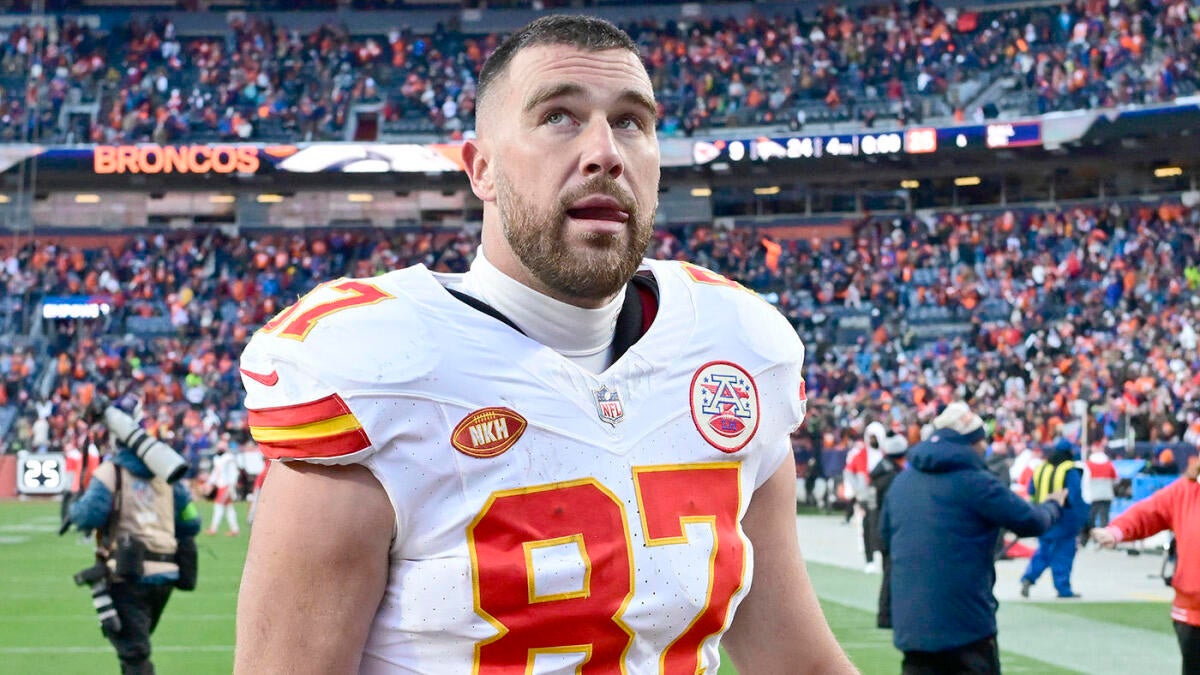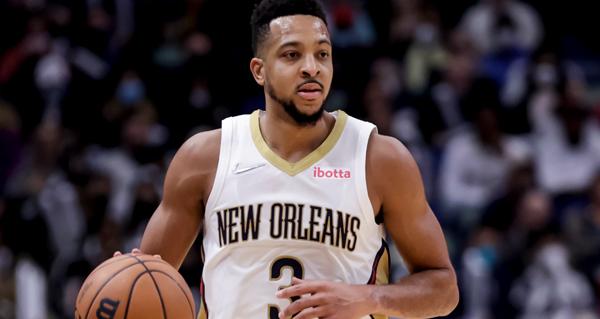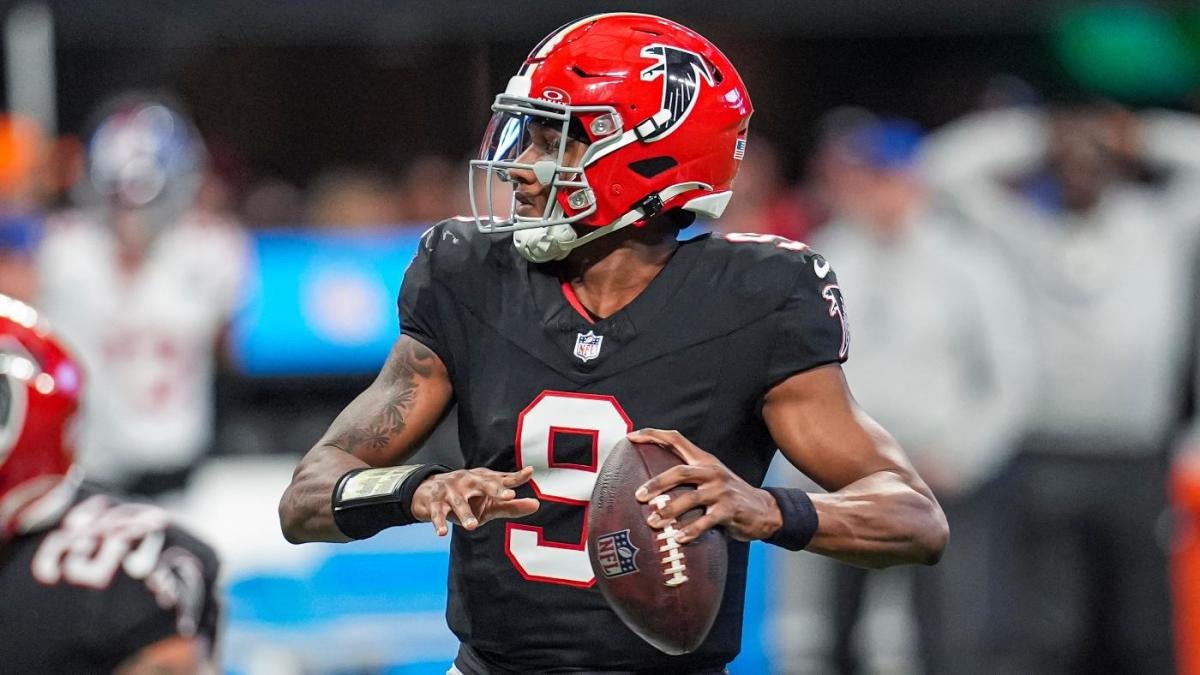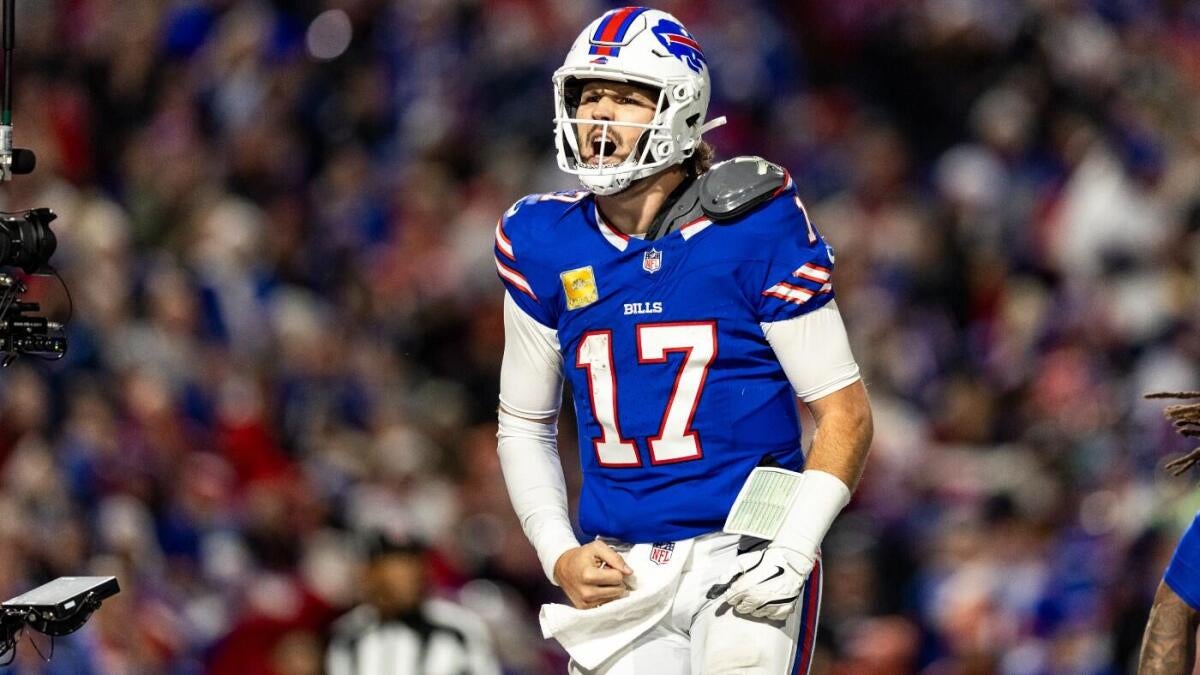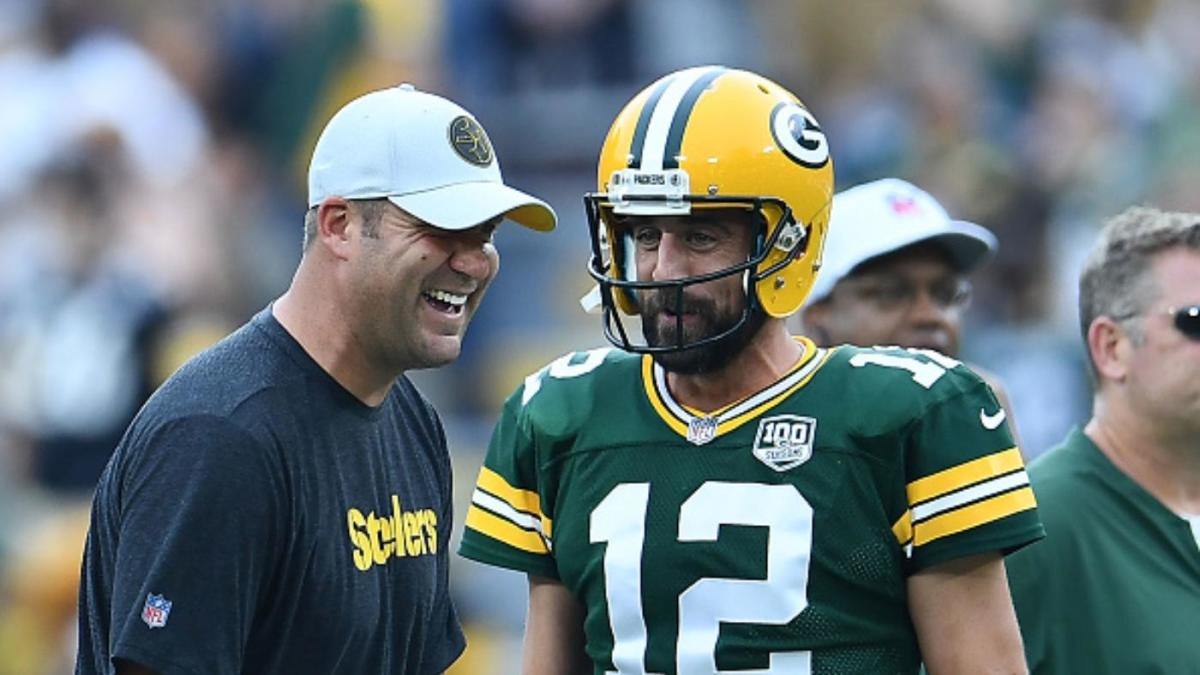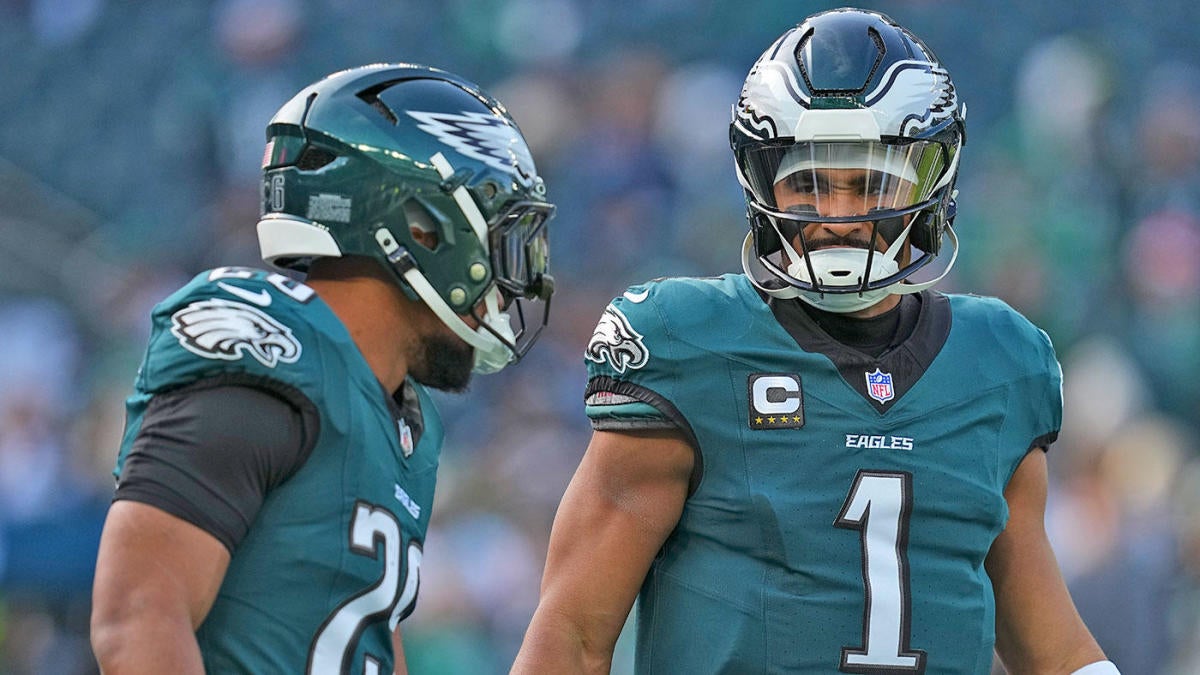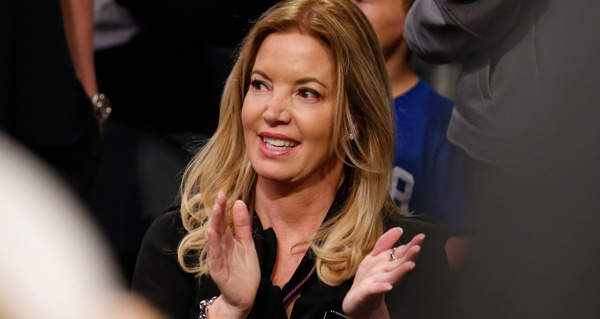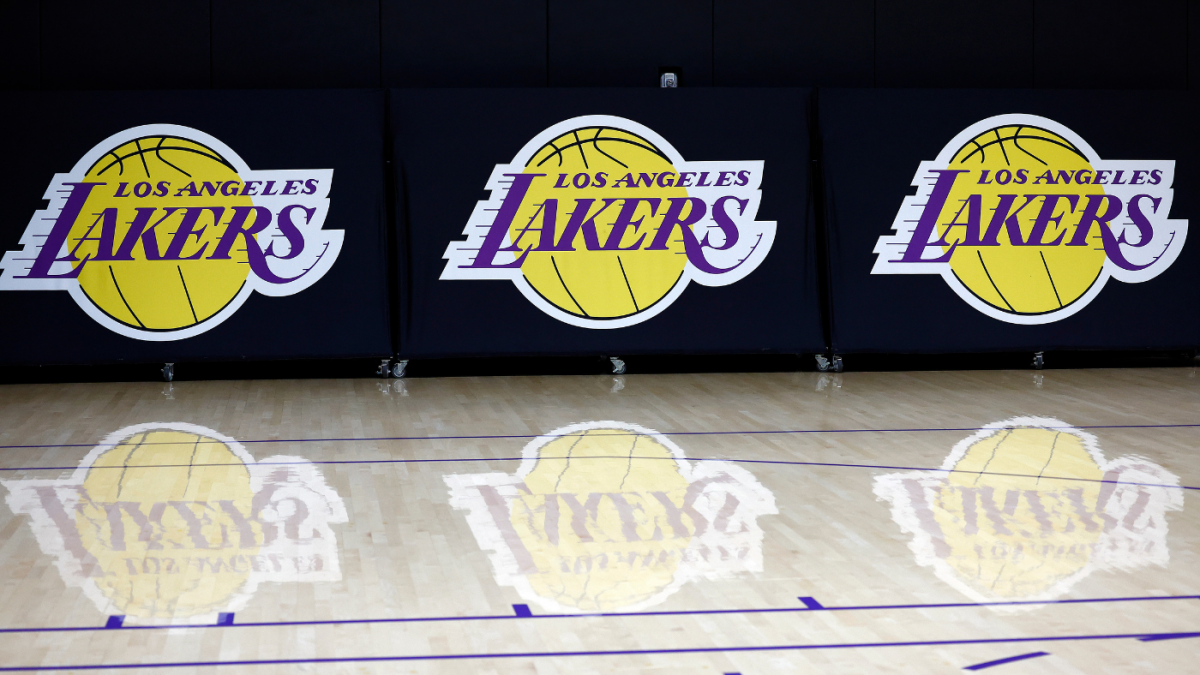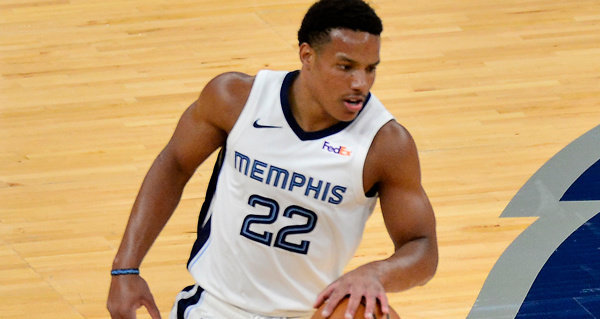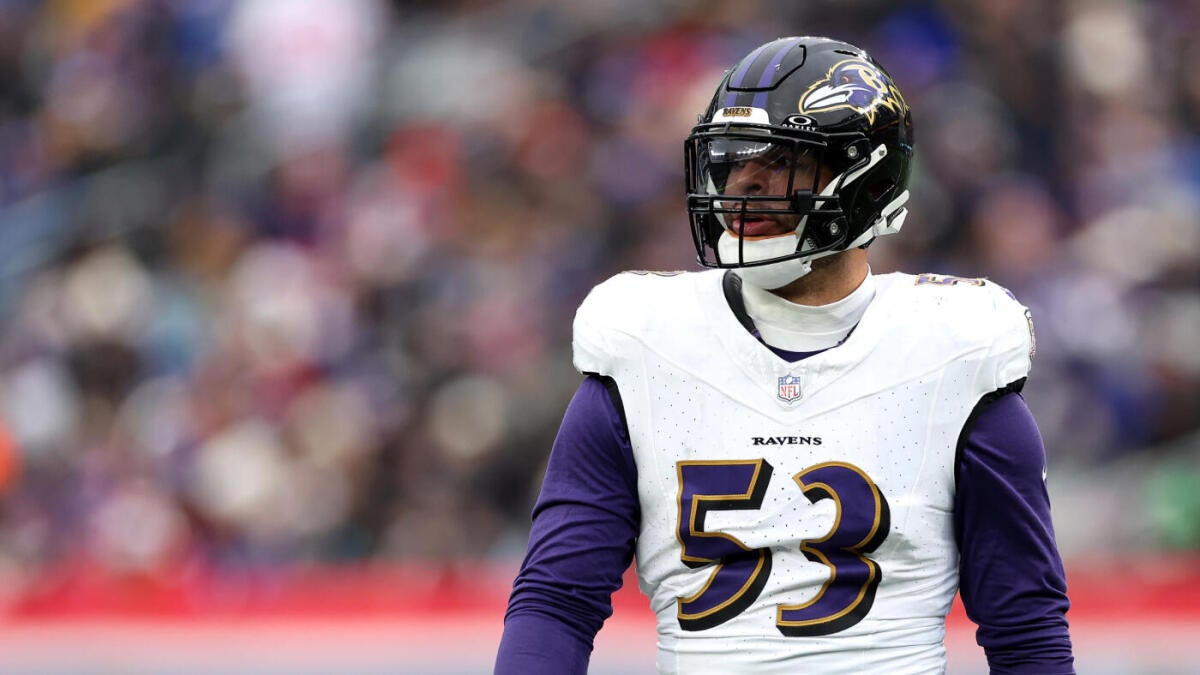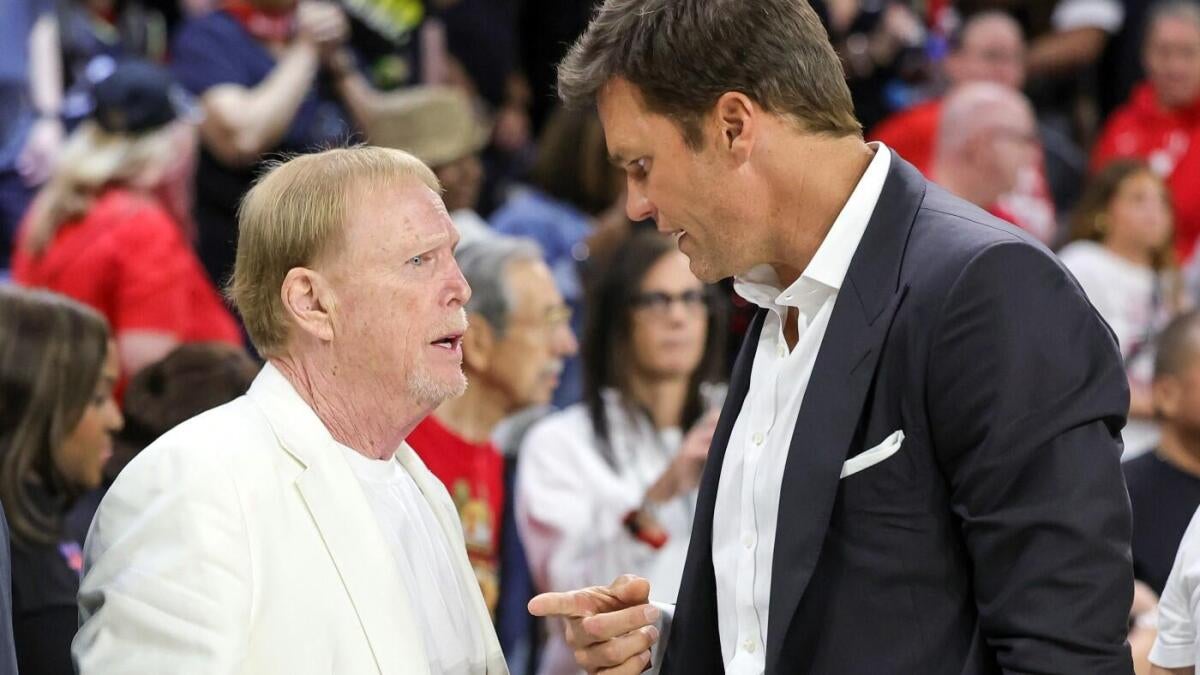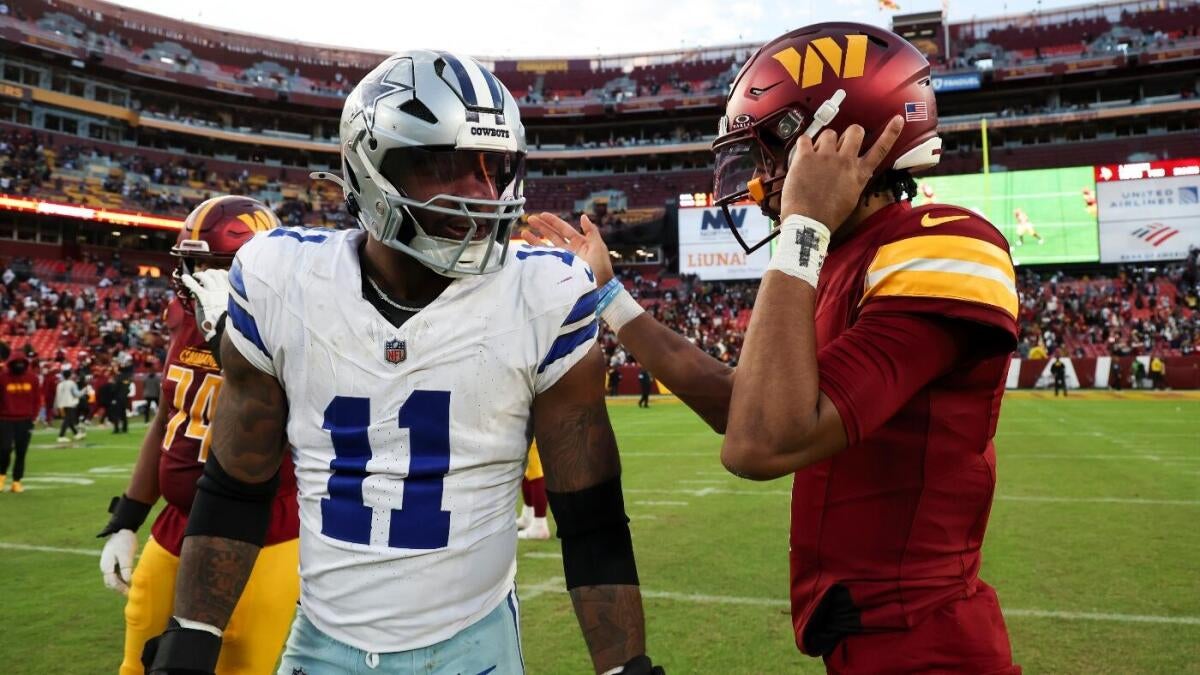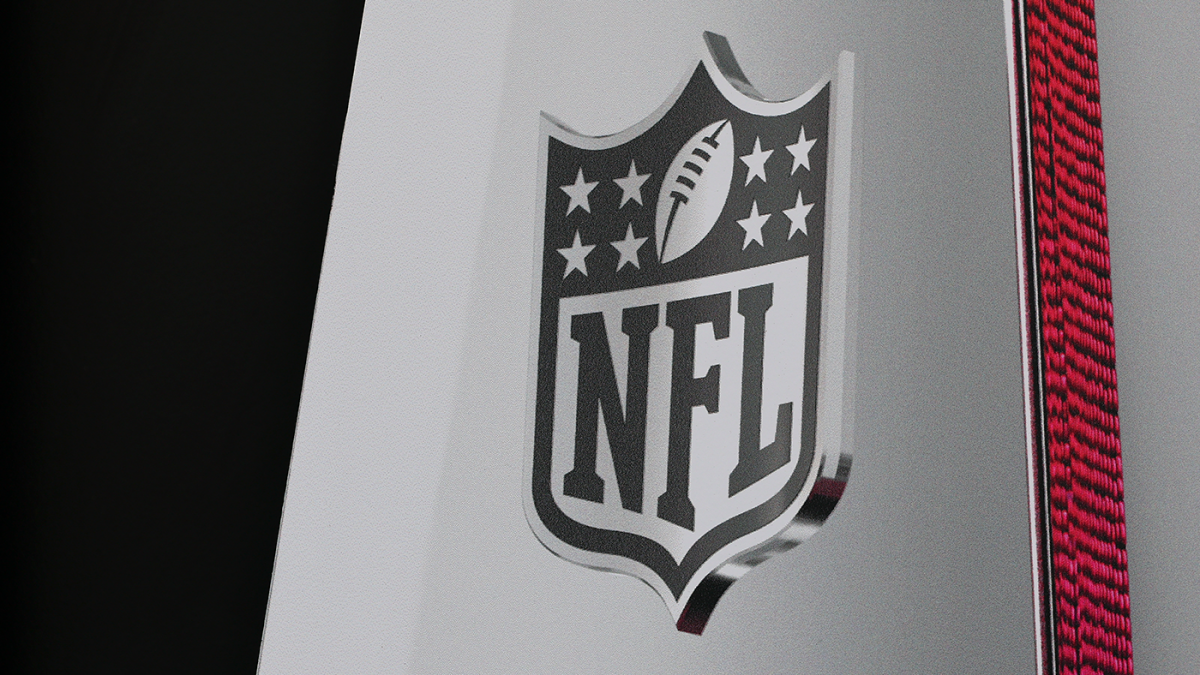
The long-awaited reveal of the conclusion to the NFL Players Association’s collusion grievance, as finally uncovered by the podcast “Pablo Torre Finds Out” on Tuesday, reinforces multiple truisms about the NFL. Most notably:
The league’s internal system for handling its own messes has a level of secrecy difficult to penetrate, in large part due to how the scales are almost always tilted toward the NFL.
Collusion is extremely difficult to prove when there’s no smoking gun. NFL team owners are generally smart enough to ensure they do leave smoking guns laying around in plain sight.
Fully guaranteed contracts will never be accepted by NFL team owners in future collective bargaining talks. The players’ only legitimate path to that end would be assembling a united front to set a precedent for such contracts like other sports leagues. But when given the opportunity to do so in the past, the players and their representatives have failed.
In a decision dated Jan. 14, 2025, Judge Christopher F. Droney, head of the United States Court of Appeals for the Second Circuit, concluded NFL teams did not collude with one another to ensure other veteran players did not get similar fully guaranteed deals in the aftermath of Deshaun Watson’s $230 million contract with the Cleveland Browns.
However, he did clarify: “There is little question that the NFL Management Council, with the blessing of the Commissioner, encouraged the 32 NFL Clubs to reduce guarantees in veterans’ contracts at the March 2022 annual owners’ meeting.”
The NFLPA asked for arbitration in the matter after Lamar Jackson, Russell Wilson and Kyler Murray all hoped for fully guaranteed contracts following Watson’s deal, only for all three quarterbacks to eventually agree to non-fully guaranteed deals. (The findings revealed that the Baltimore Ravens offered Jackson two different three-year fully guaranteed contract options that he turned down because “they were not as long-term as Mr. Jackson would have liked.”)
After hearing the evidence presented by both sides, Droney denied the request for arbitration. The findings were subsequently kept quiet for nearly a 6 months. Here’s why:
The NFL and NFLPA agreed in their CBA to a “system arbitrator” many moons ago. That person — in this case, Droney — was jointly appointed with “exclusive jurisdiction” to enforce certain sections of the CBA. In the case of alleged collusion, that falls under Article 17 of the CBA, which states that the complaining party (NFLPA on this issue), “shall bear the burden of demonstrating by a clear preponderance of the evidence.”
Droney agreed with a prior system arbitrator that the unique term “clear preponderance of the evidence” is an standard higher than a “preponderance of evidence,” that one may hear a civil case, but lower than that of a criminal standard like “proof beyond a reasonable doubt.”
That language, which had been previously agreed upon by the NFLPA, helped the NFL in this case. Just like standard language in coaching contracts helped the league in the case brought by Brian Flores. Just like standard language in player contracts helped the league in Colin Kaepernick’s collusion grievance years ago, which was ultimately settled with the proceedings and findings kept confidential.
From the start, “clear preponderance of the evidence” is an extremely high bar for a party to clear. The NFLPA needed a smoking gun. A presentation from the NFL’s Management Council to team owners at the 2022 league meetings, which warned teams about rising cash costs for players, was not enough evidence to support the union’s case.
Ravens owner Steve Bisciotti, from that same meeting, publicly questioned whether Watson, facing numerous allegations of sexual misconduct, should have “been the first guy to get a fully guaranteed contract.”
Asked that week about Watson’s fully guaranteed contract and whether the Atlanta Falcons, who were in pursuit of the quarterback, would have considered such a deal, owner Arthur Blank said: “Wether or not most teams in the NFL — or any other team — would’ve committed to that, I don’t know.”
These statements did not constitute collusion, Droney decided. Nor did texts exchanged between Arizona Cardinals owner Michael Bidwill and Los Angeles Chargers owner Dean Spanos after the Cards inked Kyler Murray to his non-fully guaranteed extension in July 2022.
“Congratulations on signing Murray,” Spanos wrote to Bidwill.
“Thanks Deno! These QB deals are expensive, but we limited the fully guaranteed money and have some pretty good language,” Bidwill replied. “Thankfully, we have a QB that’s worth paying.”
Referring to Justin Herbert, Spanos replied, “Your deal helps us for our QB next year.” Herbert went on to sign a non-fully guaranteed contract the next year, though it included $30 million in additional guaranteed money at signing compared to the Murray day.
“I think many teams will be happy with it once they have a chance to review,” Bidwill writes. “Cleveland really screwed things up, but I was resolved to keep the guaranteed relatively ‘low.'”
Droney explains these text messages are not evidence of a collusive agreement, in part, because “the comments by these particular owners were after the contracts with the quarterbacks were signed, not before.”
If texts between owners offering congratulations on avoiding fully guaranteed contracts are not evidence of collusion based upon the extremely high standard written into the CBA, finding any such evidence that will meet the standard would be rather difficult for the complaining party.
If such a development is worthy of congratulatory messages between partners and rivals, it is reasonable to assume those partners are motivated to ensure guaranteed contracts will not become a part of any future collective bargaining agreement.
Union leadership in the past has pointed to players from leagues, like the NBA, receiving fully guaranteed deals based off precedent. In 2018, when Kirk Cousins got the first fully guaranteed contract in NFL history from the Minnesota Vikings, the players and their agents did not build off that.
Cousins was in a unique situation as an unrestricted free agent, which he leveraged into a three-year, $84 million deal with the that was fully guaranteed. There is no doubt Cousins could have gotten “more” in terms of money or average annual value (AAV), but it likely would have come at the risk of losing the full guarantee.
Less than two months later, Matt Ryan inked a five-year, $150 million contract extension with the Falcons that paid more guaranteed money over three years and got him a higher AAV, but it was not a fully guaranteed contract.
As an aside: I found it particularly strange that the NFLPA neither called Cousins nor agent Mike McCartney to testify as witnesses. Perhaps there would have been some useful insight to gain from hearing their thoughts and experiences on the situation. Alas.
Murray, Wilson and Jackson each tried and failed to obtain fully guaranteed contracts to varying degrees.
Murray’s representation didn’t try for it until after Watson got his deal, then attempted to pull back his prior non-fully guaranteed contract proposal. He ultimately got a deal that beat Watson’s AAV by $100,000 but had less than half the guaranteed money.
Wilson, recently acquired by a Denver Broncos team undergoing an ownership change, testified that he believed he would get a fully guaranteed deal from his team, which is now owned by Walmart’s Rob Walton and Greg Penner. Less than two weeks later, Wilson said the Broncos got “cold feet,” and months later, emails showed they believed they had leverage over Wilson to not give him a fully guaranteed contract.
Jackson had to follow those quarterbacks, along with others, in his attempt to obtain a fully guaranteed deal. He played out his rookie contract and even got franchise tagged. Jackson issued a public trade request before being offered a fully guaranteed deal that was ultimately not long enough in years. In short, he tried just about everything at his disposal and still could not achieve the full guarantee.
There was no finding of collusion because the bar was set absurdly high by CBA language the NFLPA previously agreed upon. The union basically needed NFL team owners to shoot a gun and leave it smoking on an otherwise empty kitchen island, only to then find it and present it to the arbitrator who would then, and only then, proceed with arbitration itself.
Billionaire team owners are wise enough to know one tenant of collusion: If you are engaged in a conspiracy, don’t take notes on it.
Go to Source
Author: Jonathan Jones
June 24, 2025 | 3:45 pm
